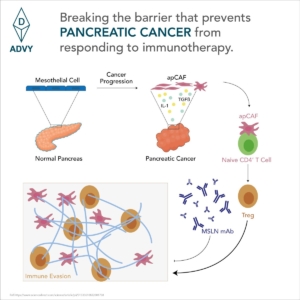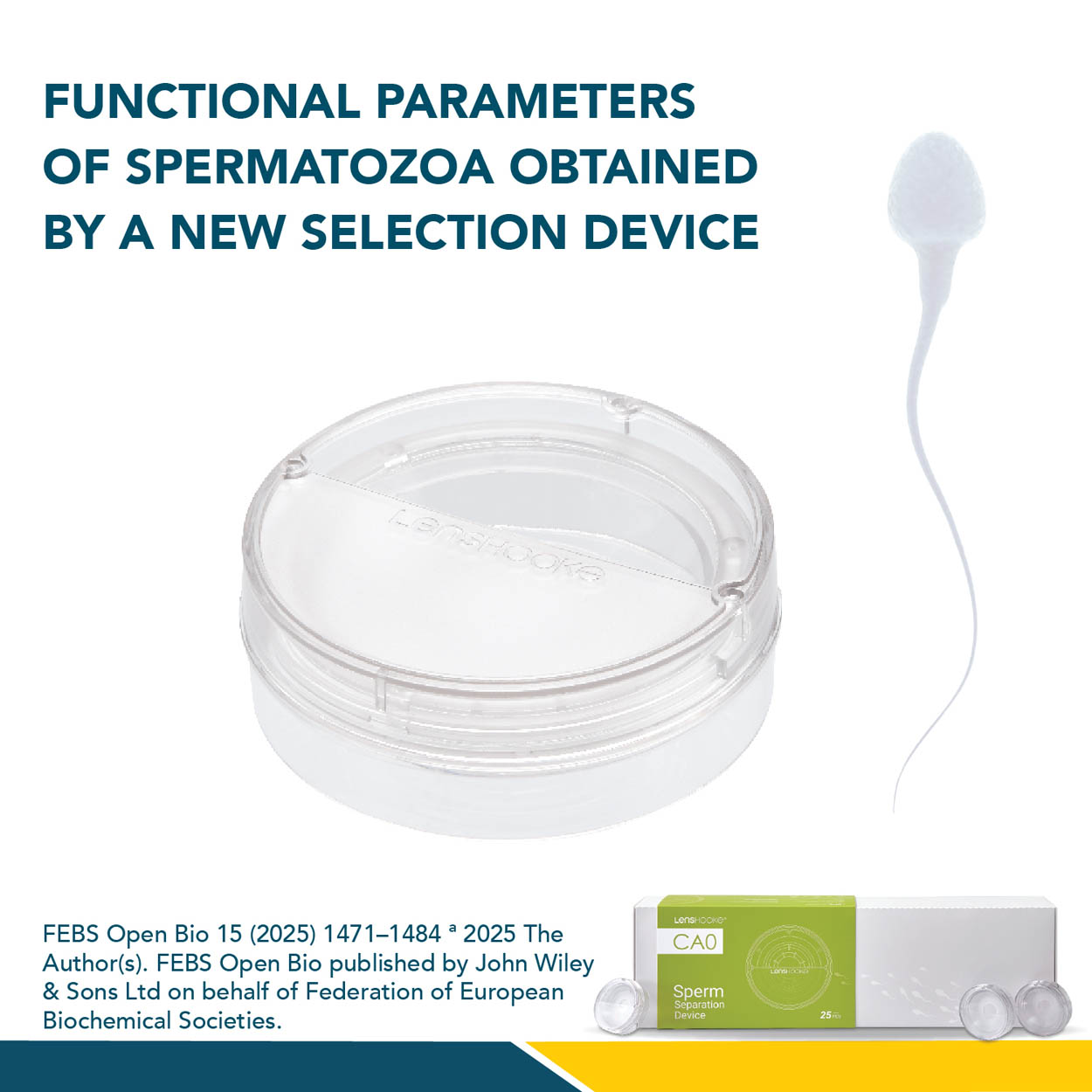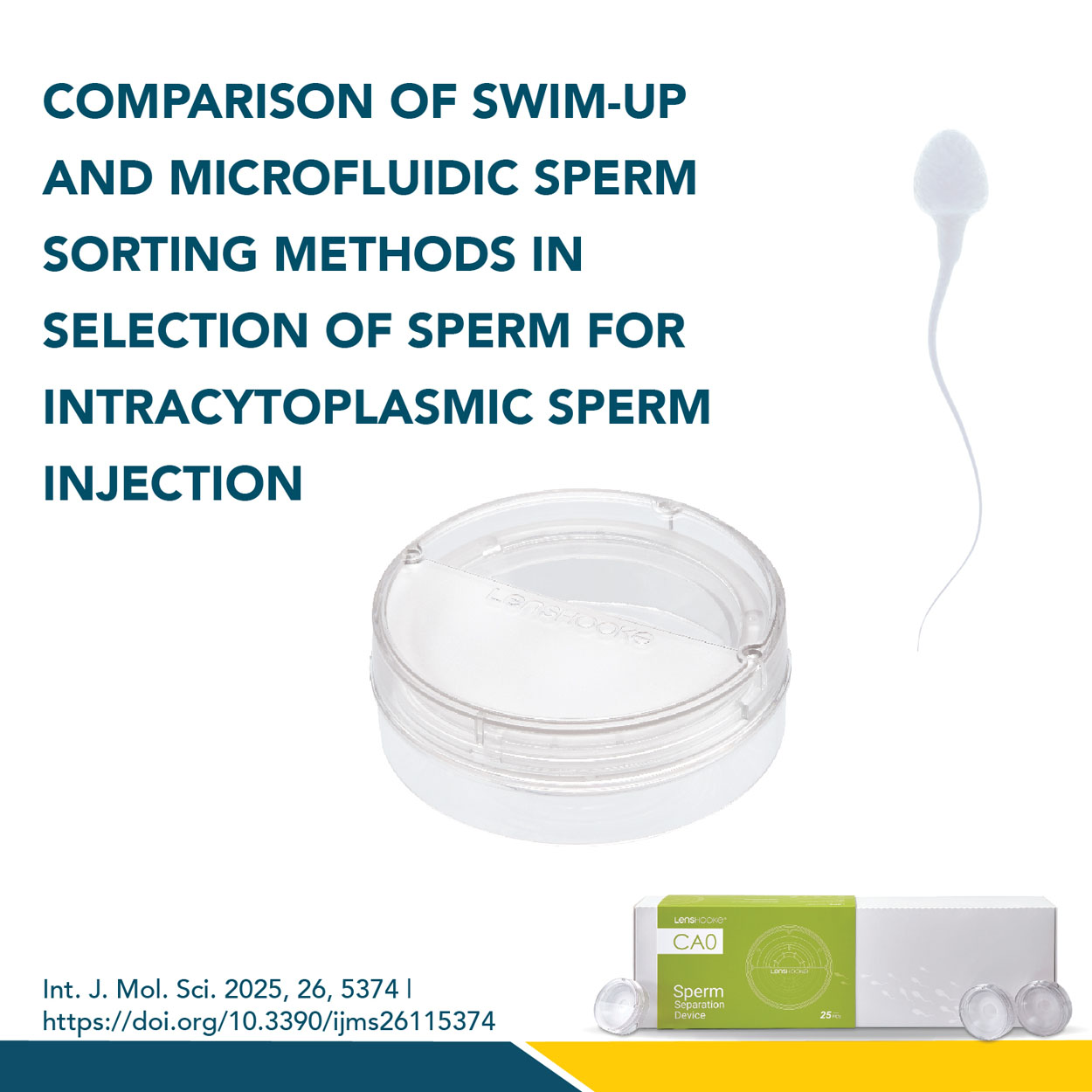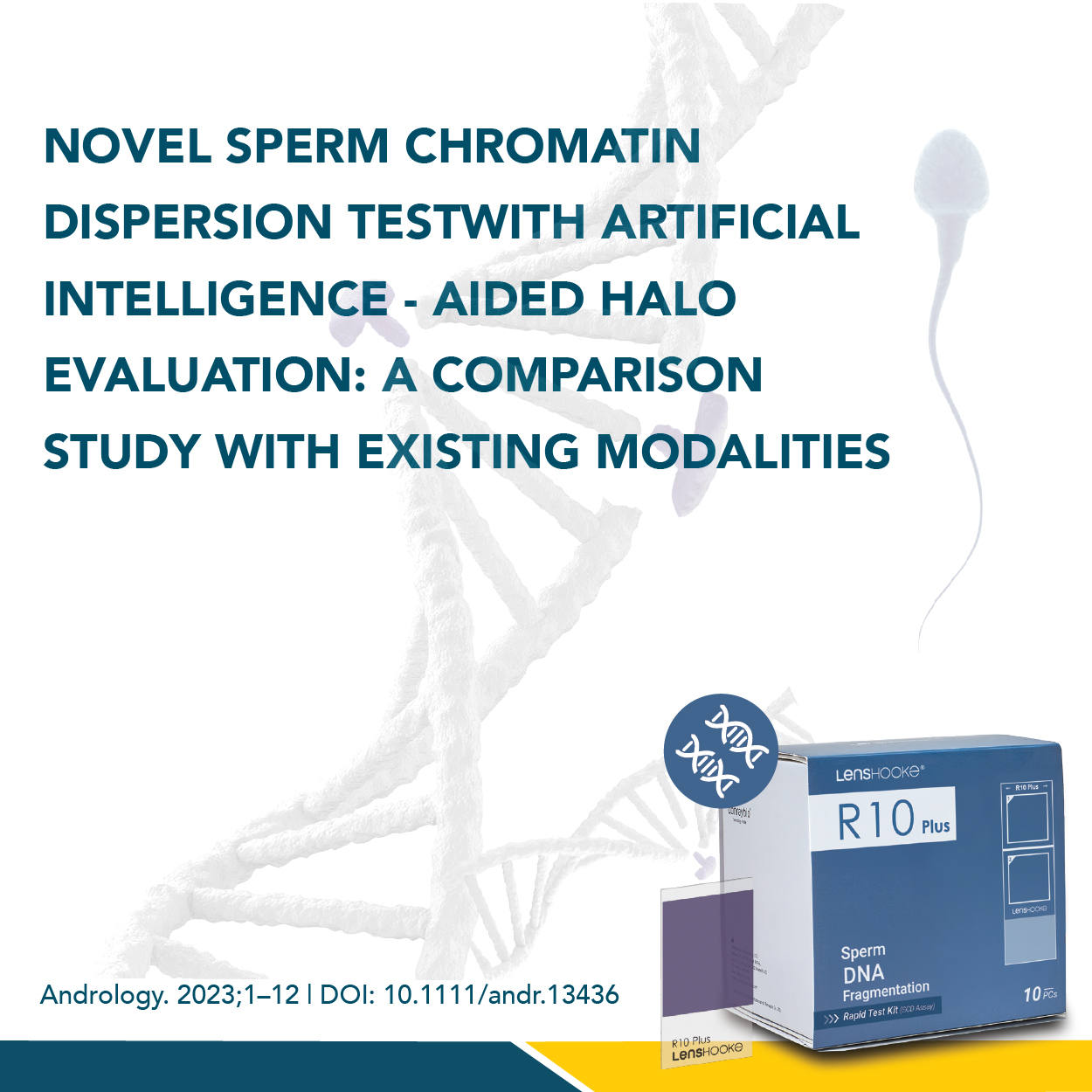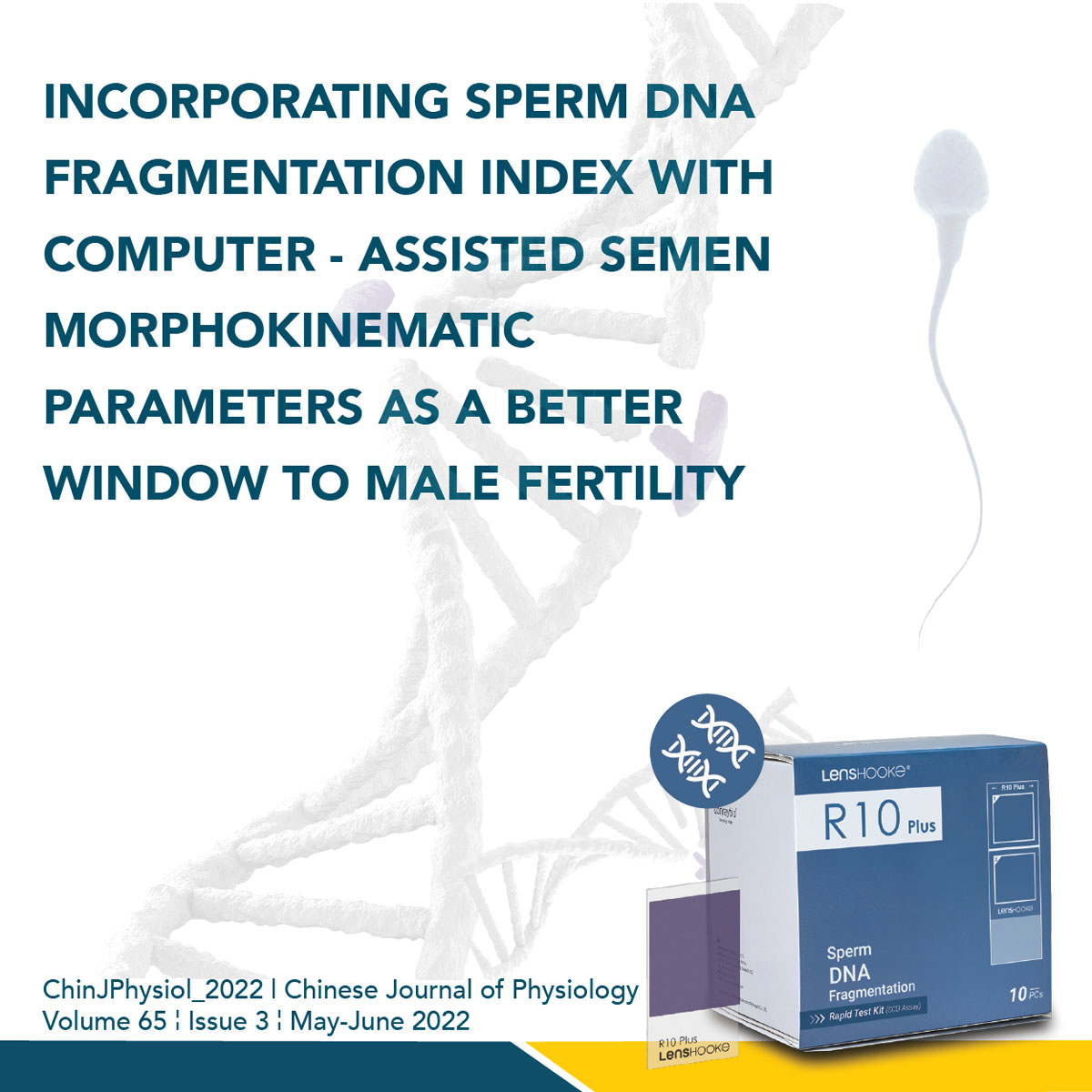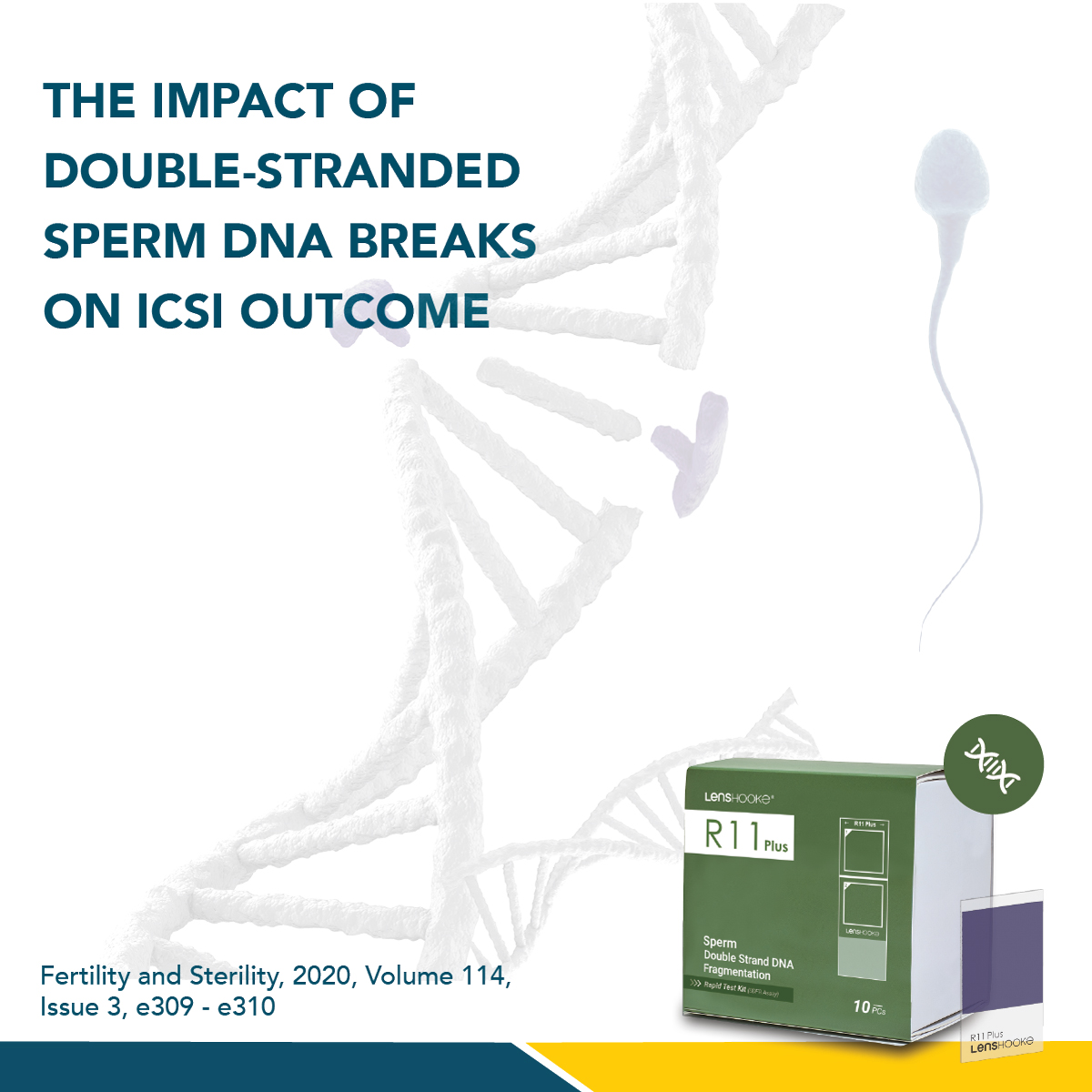Pancreatic cancer is one of the deadliest cancers, resistant to a variety of treatments.
Scientists from the University of Texas Southwestern discovered how tumours protect themselves so efficiently in a recent study, and more significantly, how to potentially break past those defences.
Antigen-presenting CAFs (apCAFs) has been identified as a unique cancer-associated fibroblast (CAF) population that originates from pancreatic mesothial cells. The apCAFs shut down additional immune responses in the area by changing T cells into regulatory T cells (Tregs).
To find a means to fight back, the researchers dosed mice with antibodies that targeted a mesothelial cell protein that inhibits transition to apCAF, preventing inhibition of immune response.
Know more: Cell.com
